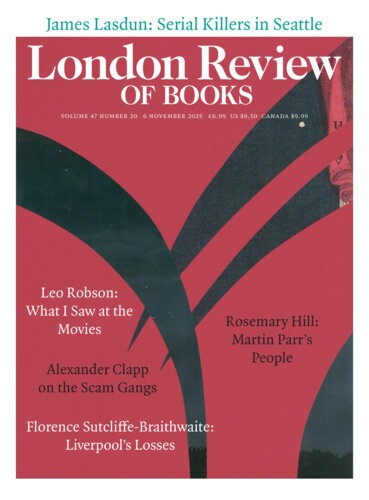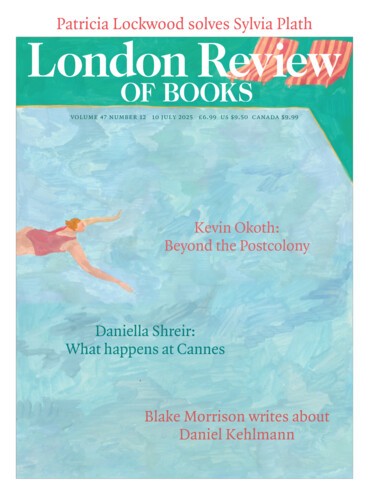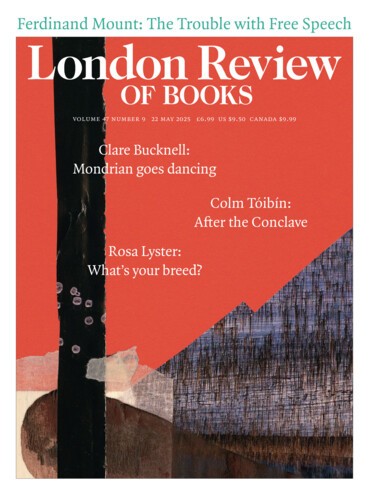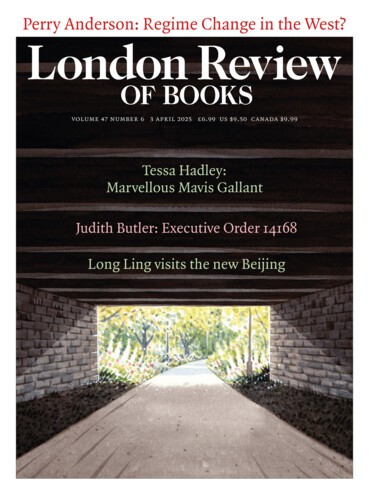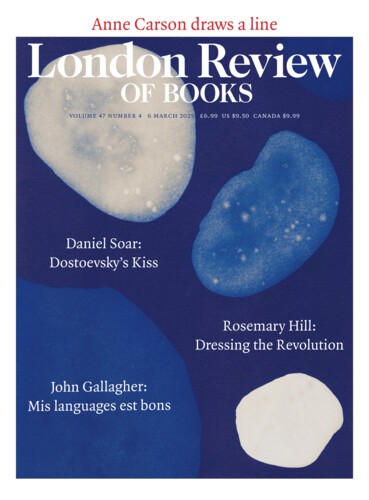Saturdays at the Sewage Works: Martin Parr’s People
Rosemary Hill, 6 November 2025
The initials are hard to decipher, but whoever he was, the French master at Surbiton County Grammar School in 1966 is probably dead by now. Even if he is alive, he is unlikely to recall his exasperated verdict on the shortcomings of the 14-year-old Martin Parr: ‘utterly lazy and inattentive’. For Parr, the consequences were more far-reaching, and in the short term disastrous:...
